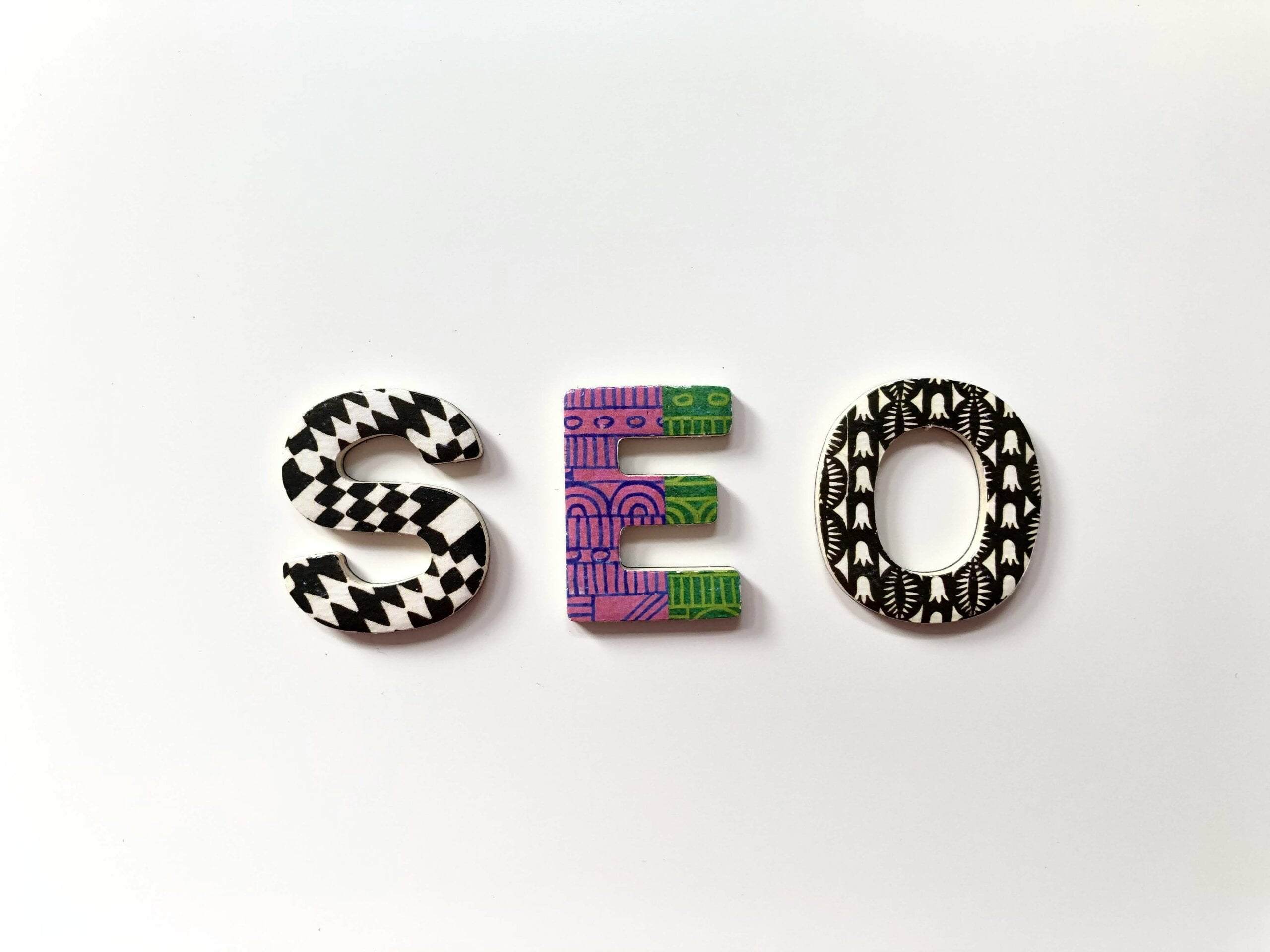
Introduction to Meta Tags and Their Importance
Meta tags are snippets of text that provide information about a webpage’s content to search engines and website visitors. Although they are not visible on the actual webpage, meta tags play a critical role in search engine optimization (SEO). These tags help search engines understand the context and relevance of a webpage, contributing to its visibility in search engine results pages (SERPs).
There are several types of meta tags, each serving a specific purpose. The most commonly used are title tags, meta descriptions, and keyword tags. Title tags are essential as they define the title of a webpage, appearing as the clickable headline in search results. A well-crafted title tag can significantly impact click-through rates and search rankings. Meta descriptions, on the other hand, provide a brief summary of a webpage’s content. These descriptions appear below the title tag in SERPs and can influence a user’s decision to visit the page. Although keyword tags are less influential today due to changes in search engine algorithms, they were initially used to indicate the main keywords associated with the webpage.
Optimizing meta tags is crucial for enhancing search engine ranking and improving user experience. Properly optimized meta tags can lead to better visibility in SERPs, increased organic traffic, and higher click-through rates. By providing clear and relevant information to both search engines and users, meta tags help ensure that a webpage is easily discoverable and understood. This optimization process involves using relevant keywords naturally within the tags, maintaining appropriate length, and ensuring that the tags accurately reflect the webpage’s content.
In summary, meta tags are a fundamental component of SEO strategy. Their proper utilization and optimization can lead to significant improvements in search engine ranking and overall website performance. Understanding the different types of meta tags and their roles can help in crafting an effective SEO plan that enhances both visibility and user engagement.
Example 1: Optimized Title Tags
Title tags serve as one of the most crucial elements in search engine optimization (SEO). These tags appear as the clickable headline in search engine results pages (SERPs) and significantly influence both rankings and click-through rates. An optimized title tag effectively balances keyword placement, length, and relevance, ultimately driving more organic traffic to your site.
Consider the following example of an optimized title tag for a blog post on digital marketing: “Digital Marketing Strategies: Boost Your Online Presence in 2023”. This title tag is effective for several reasons. Firstly, it places the primary keyword “Digital Marketing Strategies” at the beginning, which signals to search engines the core topic of the content. Secondly, it is concise, staying well within the recommended limit of 60 characters, which ensures that the entire title is visible in the SERPs. Lastly, it is compelling and action-oriented, encouraging users to click through by promising actionable insights for enhancing their online presence in the current year.
Best practices for crafting optimized title tags include several key elements. Firstly, always prioritize placing your primary keywords at the beginning of the title to quickly communicate the subject matter to both search engines and users. Next, maintain a length of under 60 characters to prevent truncation in SERPs, ensuring the title remains fully readable. Additionally, the title should be relevant to the content of the page, accurately reflecting what users can expect to find. This relevance not only improves user experience but also reduces bounce rates, which can positively impact SEO.
Moreover, the title should be compelling and engaging. Use words that evoke curiosity or a sense of urgency, making the user feel that clicking on your link will provide them with valuable information or solutions. Including numbers, dates, or action verbs can also make your title tag more attractive. By following these guidelines, you can create optimized title tags that enhance your search engine ranking and boost your website’s visibility.
Example 2: Optimized Meta Descriptions
Meta descriptions are brief summaries that appear beneath the title of a webpage in search engine results. Although they do not directly impact search rankings, well-crafted meta descriptions can significantly enhance click-through rates (CTR) and overall user engagement. Essentially, meta descriptions serve as a concise advertisement for the content on your site, enticing users to click through to your page.
An optimized meta description typically includes primary and secondary keywords, maintains an optimal length of under 160 characters, and incorporates a clear call-to-action. For instance, consider the following example of an optimized meta description:
“Discover the best tips for optimizing your website’s meta tags to improve search engine rankings. Click here to learn more!”
In this example, the primary keyword is “optimizing your website’s meta tags,” while the secondary keyword is “improve search engine rankings.” The meta description is concise, at 138 characters, ensuring it is fully displayed in search results without being cut off. Additionally, the call-to-action “Click here to learn more!” encourages users to take the next step and visit the webpage.
By strategically incorporating relevant keywords, you can align your meta descriptions with user search queries, making your page more appealing in search results. Moreover, a clear and compelling call-to-action invites users to engage with your content, which can lead to higher CTRs and improved user interaction metrics. While meta descriptions may not directly influence search engine rankings, their role in attracting user clicks and driving traffic to your site is invaluable.
In summary, effective meta descriptions are a crucial component of on-page SEO, aiding in the visibility and attractiveness of your webpage in search engine results. By focusing on optimal length, relevant keywords, and engaging calls-to-action, you can enhance your site’s performance and user engagement.
Examples 3-10: Additional Optimized Meta Tags
Effective optimization of meta tags is crucial for enhancing both SEO and user experience. Below are eight meta tags that can significantly impact your search engine ranking when optimized correctly.
3. Meta Keywords
Although less influential than they once were, meta keywords can still provide a slight SEO advantage when used judiciously. These tags should include relevant, concise keywords that reflect the content of the page. Overstuffing with keywords can lead to penalties, so it’s best to limit the number to 3-5 well-researched terms.
4. Canonical Tags
Canonical tags help prevent duplicate content issues by specifying the “preferred” version of a webpage. This is particularly useful for e-commerce sites with multiple pages featuring similar products. Implementing canonical tags correctly ensures that search engines index the right version, thereby consolidating link equity and improving overall ranking.
5. Robots Meta Tags
Robots meta tags instruct search engine crawlers on how to index your pages. The “noindex” directive can be used to prevent certain pages from appearing in search results, while “nofollow” prevents search engines from following specific links. Proper use of robots meta tags can help manage your site’s indexed content and protect sensitive information.
6. Alt Attributes for Images
Alt attributes describe the content of images, making them accessible to visually impaired users and providing context to search engines. Optimized alt text should be concise, descriptive, and include relevant keywords without being spammy. This improves image search rankings and overall page relevance.
7. Open Graph Tags for Social Media
Open Graph tags enhance how your content appears when shared on social media platforms. Tags like og:title, og:description, and og:image help create visually appealing and informative snippets. Proper implementation can increase click-through rates and drive more traffic to your site.
8. Header Tags
Header tags (H1 to H6) structure your content, making it easier for both users and search engines to understand. Each page should have one H1 tag that includes the primary keyword, while H2-H6 tags break down the content into manageable sections. Proper use of header tags enhances readability and SEO.
9. Schema Markup
Schema markup is a type of structured data that helps search engines better understand the content of your pages. Implementing schema can result in rich snippets, which are enhanced listings in search results that can improve click-through rates. Common types include product, review, and event schema. Accurate and consistent use of schema markup can significantly boost your SEO performance.
10. Viewport Meta Tags
The viewport meta tag ensures that your website is mobile-friendly by controlling the layout on different devices. The tag <meta name="viewport" content="width=device-width, initial-scale=1"> helps create a responsive design, improving user experience and reducing bounce rates. Given the increasing importance of mobile-first indexing, optimizing the viewport tag is essential for modern SEO.
By effectively implementing these meta tags, you can enhance your website’s visibility, usability, and overall performance in search engine results.
Related Posts
July 14, 2024
Alison: Your Source for Free Online Courses in Various Fields
Free online courses on Alison.com can significantly enhance your earning potential by equipping you with…
May 16, 2024
Review About BlockDAG & How It Will Impact The Crypto World
Earn Big with BlockDAG ($BDAG)! Refer friends and family to join the most advanced blockchain…
February 16, 2025
Emerging Passive Income Opportunities in 2025
Passive Income Opportunities in 2025 The landscape of passive income is evolving rapidly, driven by…
January 4, 2025
How to Start Your ClickBank WordPress Business: A Beginner’s Guide
Start Your ClickBank WordPress Business Introduction: Starting an online business can be lucrative, especially when…
December 6, 2024
Boost Sales with AI E-commerce Optimization Made Easy
AI E-commerce Optimization: Business Ideas to Maximize Profits with AI An AI-powered cheat or “hack”…
December 5, 2024
Unlocking the DNA of Emerging Cryptocurrencies: A Guide to Building a Future-Proof Portfolio
Dive into the world of emerging cryptocurrencies beyond the mainstream giants like Bitcoin and Ethereum.…















